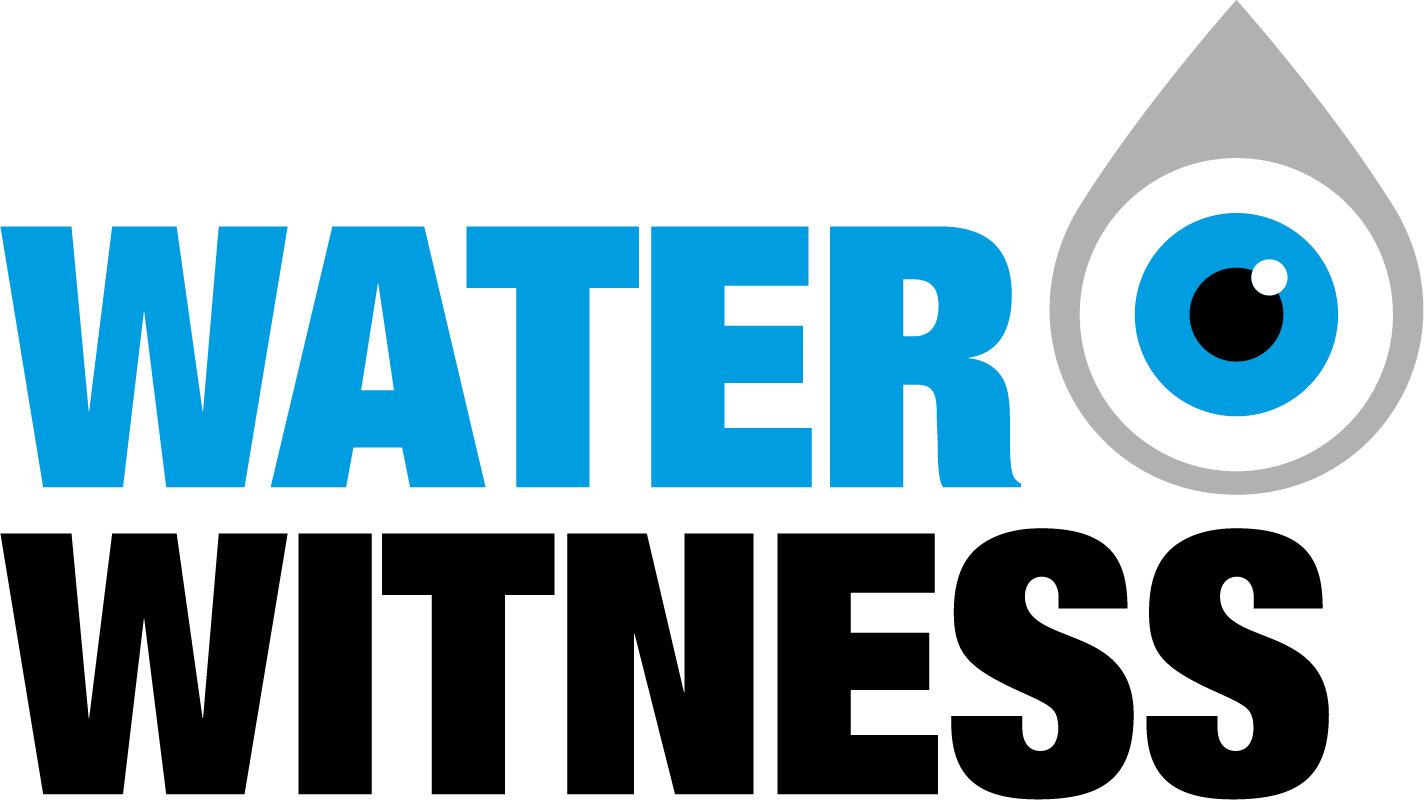Fair Water Futures (Uhakika wa Maji in Swahili), is our pioneering social accountability programme, activating water law in East and Southern Africa.
Delivered in partnership with Shahidi wa Maji, Fair Water Futures supports communities impacted by pollution, droughts, floods, inadequate supply and sanitation, and water conflict to secure their water rights and delivers targeted research and analysis to advocate for better pro-poor water resource management.
Operating since 2013, we have built up a strong track record in securing tangible water security benefits for vulnerable communities, and improving service delivery and water sector performance. We rigorously document and share our lessons, and convene a global coalition of international NGOs, universities and governments to share knowledge and develop priorities for advancing social accountability for water justice and security.
Our work has been labelled a ‘welcome wake-up call’ by the Ministry of Water in Tanzania, and ‘a vital oversight mechanism’ by the World Bank.
With funding from the William and Flora Hewlett Foundation, Fair Water Futures is focusing on the desperate water challenges faced by the urban poor in Dar es Salaam and Morogoro, and the need for accountability and leadership in planning the strategic water and sanitation needs of growing African cities.





